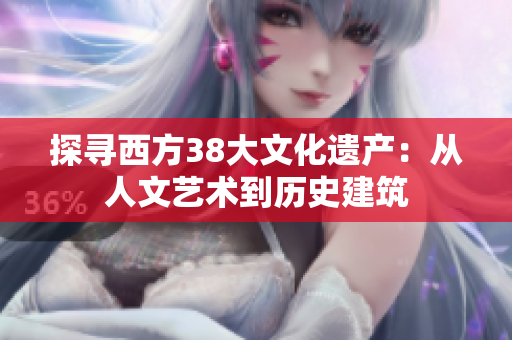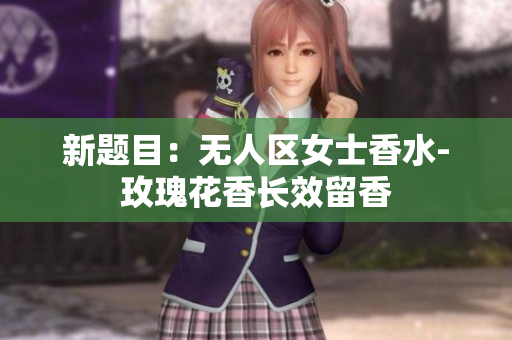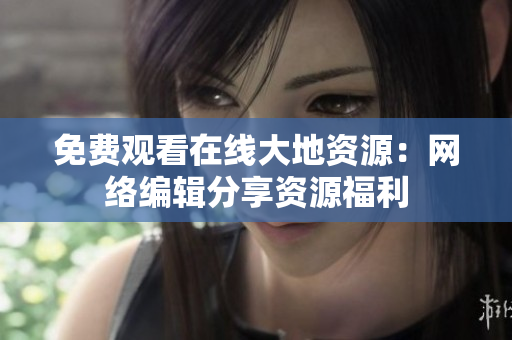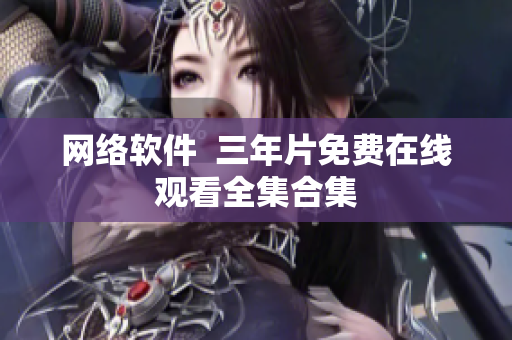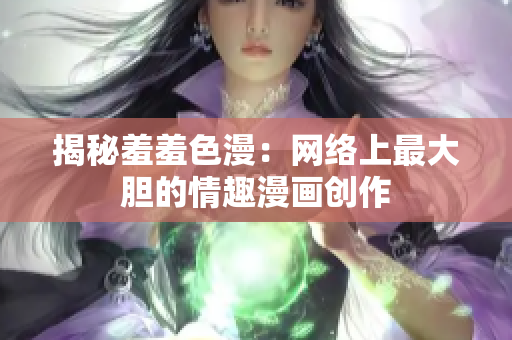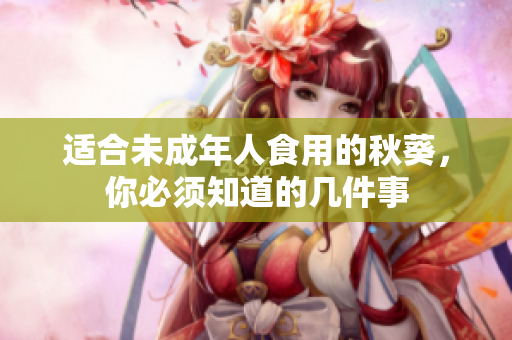英语老师乖乖挽起裙子
In the Chinese online world, there is a popular meme called "English teacher, please pull up your skirt." It is used to describe situations where language teachers are not performing well or pretending to be knowledgeable without actually understanding the language they are teaching.
西方38大但人文艺术
The Western world is often perceived as being dominated by materialism and consumerism, but it has a rich tradition of humanistic and artistic values. These values, such as empathy, compassion, and creativity, are often reflected in the works of Western thinkers, writers, artists, and musicians.
糖心短视频vlog柚子猫
"糖心" is a term commonly used in Chinese to describe someone who appears sweet and cute on the outside, but is actually deceitful and manipulative. "Vlog" refers to a type of video blog popularized on social media platforms like YouTube and TikTok. "柚子猫" is the name of a popular Chinese internet celebrity who creates short vlogs with a "cute" and "adorable" image. While her content may seem harmless and entertaining at first glance, it reinforces an unhealthy stereotype of women as subservient and childlike.
幼儿幼儿幼儿nouuu幼儿
"Nouuu" is a term often used by Chinese netizens to describe something cute or endearing, particularly when it comes to children. The repetition of "幼儿" (which means "infant" or "young child") highlights society's obsession with cuteness and innocence in children, often to the detriment of their development and growth. Instead of treating children as individuals with their own unique personalities and abilities, they are reduced to mere objects of adoration and cuteness.
In conclusion, these four phrases reflect certain aspects of Chinese internet culture and society that are worth paying attention to. The English teacher meme highlights the importance of qualified teachers and accurate language education, while the discussion of Western humanistic and artistic values reminds us of the diversity and richness of different cultural traditions. The critique of vlog culture and the obsession with cuteness in children ask us to reflect on our values and what we prioritize as a society. By examining these phrases, we gain a deeper understanding of the social and cultural context in which they emerge.

